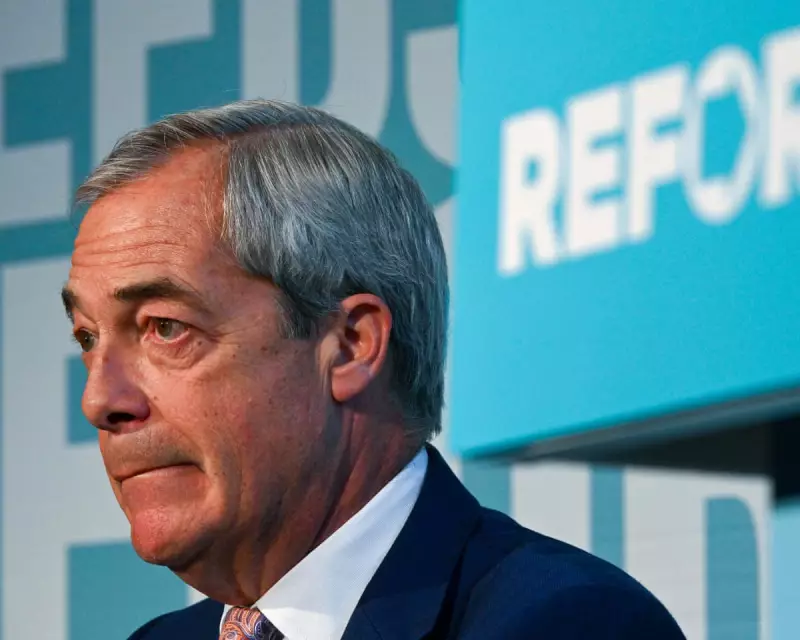
School contemporaries allege racist behaviour
Multiple former schoolmates of Reform UK leader Nigel Farage have come forward with detailed accounts of racist and antisemitic behaviour during their time together at Dulwich College in the late 1970s and early 1980s. Peter Ettedgui recalls Farage would "sidle up to me and growl: 'Hitler was right' or 'Gas them'" and regularly heard him using racial slurs like 'Paki' and 'Wog' while telling students to 'go home'.
Pattern of behaviour emerges
Other contemporaries confirm similar experiences. Tim France, who served with Farage in the college's combined cadet force, remembered him "regularly" giving Nazi salutes and singing a racist anthem titled "Gas 'em all". Jean-Pierre Lihou, another school friend, verified that the teenage Farage would chant "Oswald Mosley" in the playground and use German-style addresses like "Jude" for Jewish students.
Andy Field described witnessing Farage set fire to the school roll after learning there were more students with the surname Patel than Smith. These accounts suggest a pattern of behaviour that goes beyond what Farage previously dismissed as "some ridiculous things" said in youth.
Denials versus multiple testimonies
Through his lawyers, Farage now completely denies ever saying anything racist or antisemitic during his school years. His spokesperson characterised the allegations as "one person's word against another" when challenged in the House of Commons this week.
However, this position appears increasingly difficult to maintain as more than a dozen people have provided consistent accounts of either witnessing or being targeted by Farage's alleged behaviour. The credibility gap between his blanket denials and multiple corroborating testimonies raises serious questions for voters.
Political implications for Reform UK
With Reform UK continuing to dominate opinion polls and edging closer to potential power, scrutiny of Farage's character and past has intensified. The revelations come at a critical moment when the party's momentum could see Farage positioned as a potential future prime minister.
As one contemporary noted, extreme views in any person's history matter, particularly when that person may hold the highest office. The public has a right to know whether a party leader who expressed such views in youth has genuinely changed or merely become more careful about expressing them.
Media interrogators now face increased pressure to press Farage for fuller answers, while he bears responsibility to provide credible explanations for the disturbing pattern of behaviour described by multiple independent sources.





